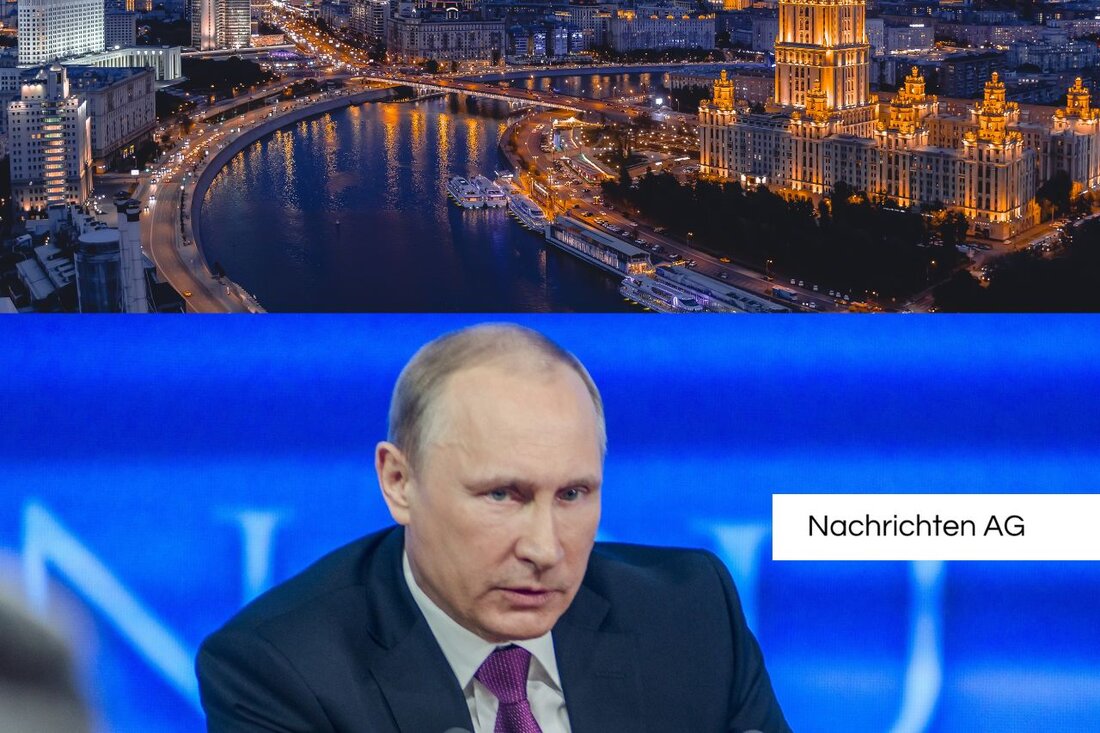Volker Türk: Warning of the fall of human rights in Europe
UN High Commissioner Volker Türk warns of the weakening of multilateralism and its consequences for human rights and international stability.

Volker Türk: Warning of the fall of human rights in Europe
On May 26, 2025, the UN High Commissioner for Human Rights, Volker Türk, expressed urgent concerns about the future of multilateral institutions such as the UN and the International Criminal Court (ICC). In a meeting with MPs, Türk emphasized that the legitimacy of these facilities is increasingly undermined and human rights are increasingly being discredited as "ideology". He warned that weakening of multilateralism could lead to instability in Europe, especially in the context of geopolitical tensions, such as the violations of territorial integrity by larger states such as Russia.
Türk emphasized that the global debate primarily focuses on military spending and that the rights in the human rights area should not be neglected. This also refers to the financial support of institutions such as the UN, which is increasingly being attacked by states like the United States. He therefore appealed to smaller countries, such as Austria, vehemently campaigned for the preservation of multilateral order.
The role of international dishes
The meaning of the ICC is underlined by the need to promote responsibility at an individual level. According to BPB information, international institutions are not addressed by conflicts between states, but about natural persons. These jurisdiction support the international community in pursuing the most serious crimes such as genocide or crimes against humanity. The ICC, who started his work in the Hague in 2002, acts under the principle of complementary and is therefore only active if national courts are not able to pursue these crimes.
Türk warned, despite the challenges in front of which the ISTGH is facing, his way of working was not completely "toothless". He referred to success, such as the termination of the headscarf law in Iran and the documentation of human rights violations in Bangladesh. These successes could be achieved through international pressure.
Current challenges and outlook
A central concern of Turk is the security situation in conflict regions, especially in Gaza, where he condemns serious violations of war people law and demands a permanent ceasefire. He is also aware of international criticism, which is triggered by the different reaction to charges against political leaders, such as Putin and Netanyahu. This could endanger the independence of international courts.
In addition, Türk also deals with the effects of new technologies, in particular artificial intelligence, social cohesion and the needs of international regulations to combat disinformation. These modern challenges require a comprehensive examination of international law, which is constantly evolving and has to adapt to the circumstances.
research institutes, such as the Institute for Europe and International Law, emphasize the importance of understanding and analyzing the interactions between national law, international politics and multilateralism. The uncertainties in international space promote fragmentation of the existing order, which increases the need for clear, multilateral agreements to ensure the stability of the global legal system.
Overall, it can be stated that the preservation and strengthening of multilateral institutions, as well as effective international jurisdiction, are crucial in order to counter the global challenges of the 21st century and to promote respect for human rights.
You can also read for more information at ots.at bpb.de and ufl.li .
 Suche
Suche
